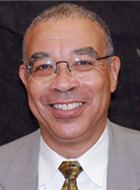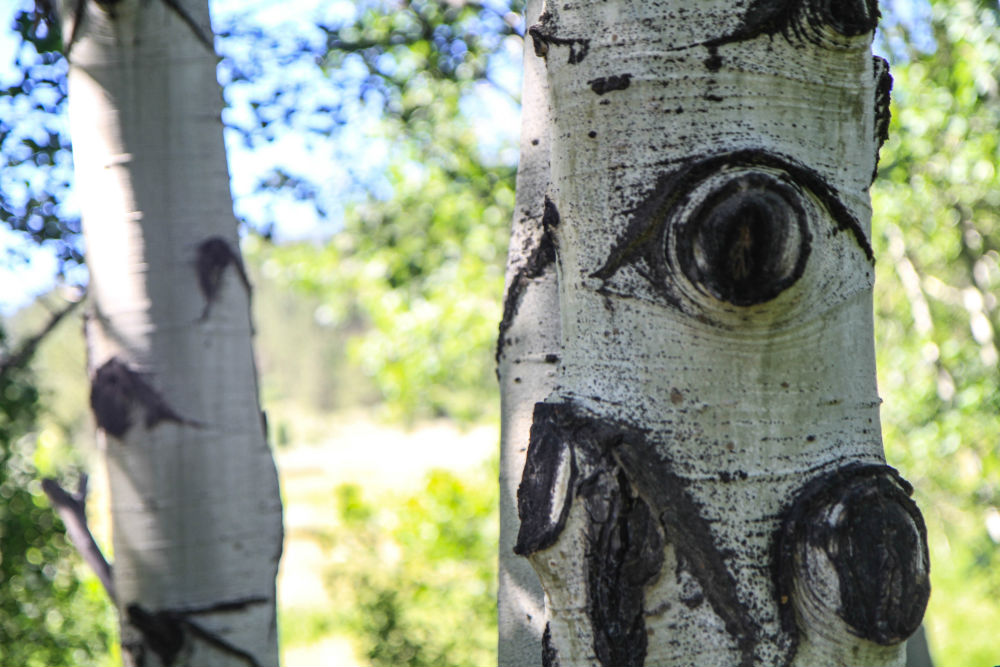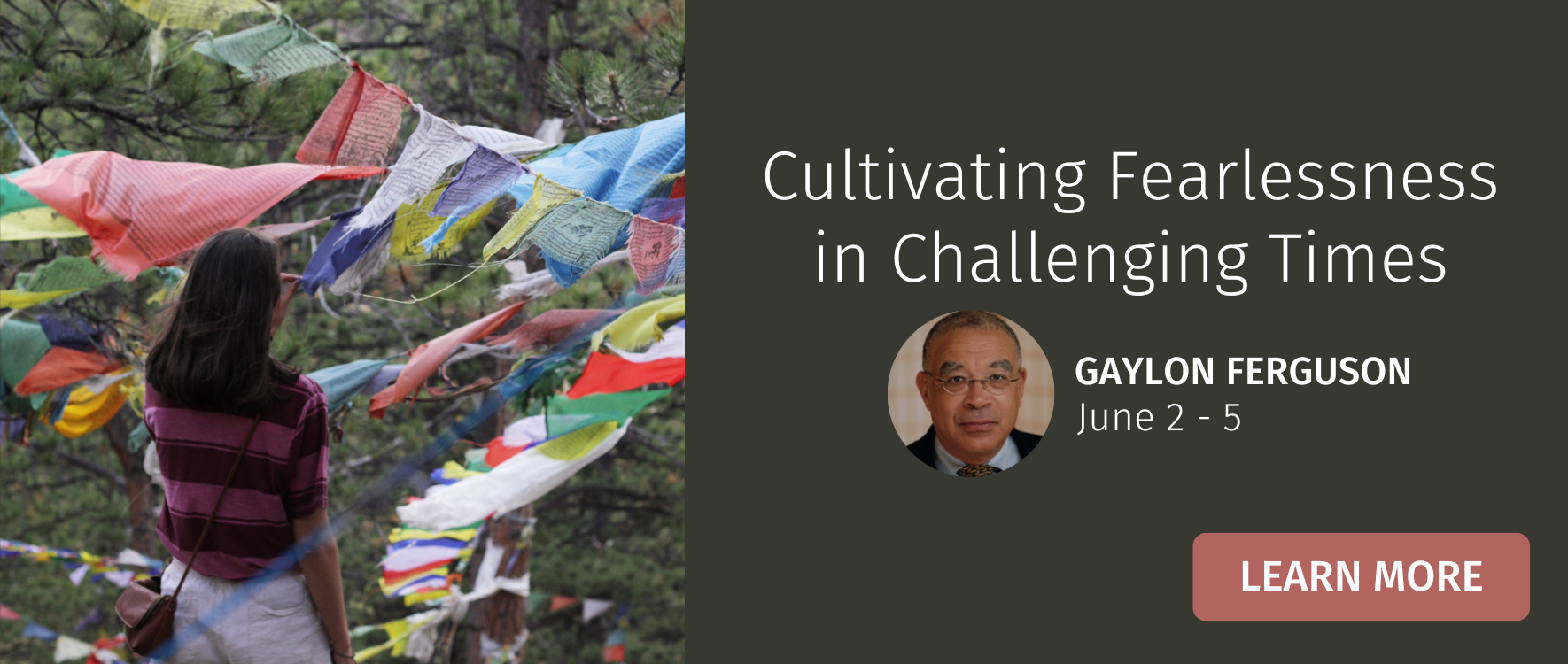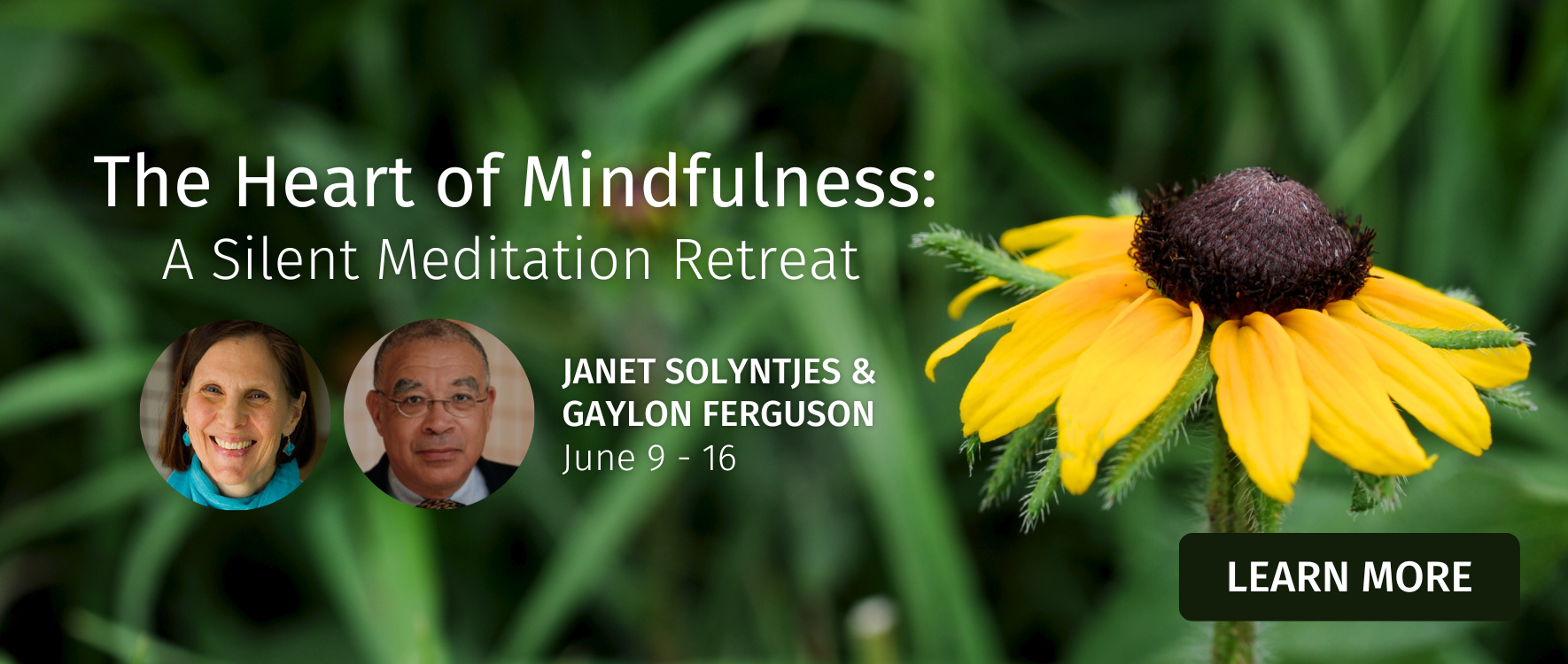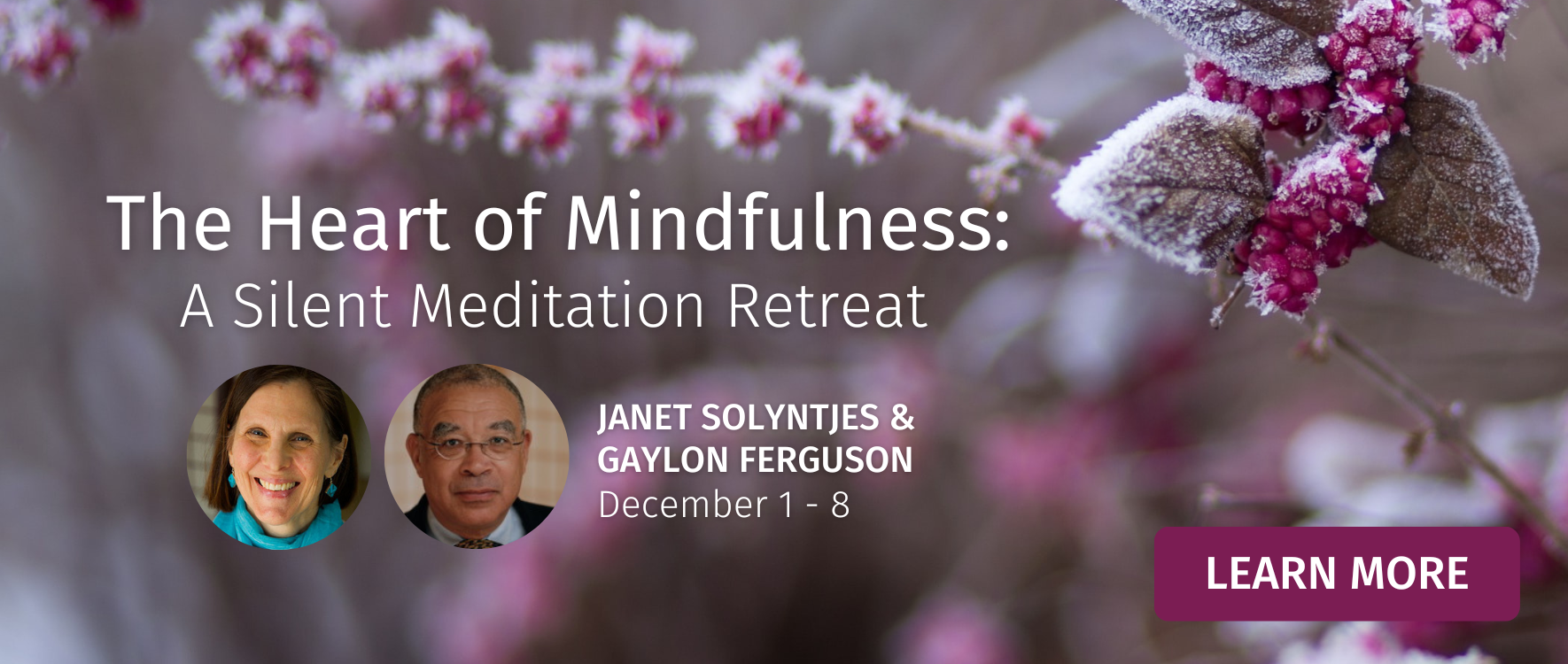Got Fear?
By Gaylon Ferguson
This morning I started to list some things I’m afraid of. Like many people, I am afraid of dying. I’m also afraid of the deaths of my family, friends, loved ones. I fear the loss of loved ones, and I fear the loss of love, being left alone. I have fears related to my aging body. Am I exercising enough? Taking the right supplements? What about dodging the bullet of inherited, genetically encoded illness? As a person on a spiritual path, I’ve learned to fear the power of my own deeply ingrained habits of ignoring, reacting defensively, distracting myself day and night from the reality of my experience—including the reality of anxiety. In the wake of the global financial meltdown, I have fears about money amid a constant background hum of economic uncertainty. Does anyone really know what will happen with our jobs, retirement funds, or the cost of health care in the years ahead? I fear outbreaks of violence and armed aggression arising from panic in the face of massive cultural change; in the United States, gun sales are on the rise. I have fears about devastation from global warming, anxieties about the social and environmental consequences of our entrenched greed and ongoing collective ignoring.
As many environmentalists and scientists remind us, eventually these chickens we’ve raised must come home to roost—if not for us, then certainly for our children and our children’s children. In the teachings of the Buddha, this is called the truth of “karmic cause-and-effect,” an obvious, almost scientific observation: our individual and collective actions have consequences. Since the time of my childhood, we human beings have lived under the threat of nuclear holocaust, and this possibility has only grown in our so-called age of terrorism. Sometimes it’s like there’s a giant billboard in the sky that screams got fear?
The times they are a-frightening?
In search of inspiration and wise guidance amid these challenging times, I picked up my well-worn copy of that modern spiritual classic, Shambhala: The Sacred Path of the Warrior. Its author, Chögyam Trungpa, was my first Buddhist meditation teacher. “The current state of world affairs is a source of concern to all of us: the threat of nuclear war, widespread poverty and economic instability, social and political chaos, and psychological upheavals of many kinds. The world is in absolute turmoil.”
Reading these words this morning, more than twenty-five years after they were written, they sound more penetratingly accurate, more truthful about the reality of our experience and our world than ever.
So—then what? What does authentic spiritual practice offer in compassionate response to our fear-filled times? For some of us, unfortunately, it offers a way of denying our fear, of turning away from the scary realities of a careening world. Of course, we are most fearful when we manage momentarily to deny our fear: “What’s the problem? My main mantra is ‘Don’t worry, be happy.’ I always try to look on the bright side. . . . Can I get another cup of coffee now?” In a temporary fix-it, we apply bright, spiritual Band-Aids to fears growing on our left and right, shakily proclaiming, “It’s all good, isn’t it?” For others, fortunately, genuine spiritual practice offers a way to face both our inner and outer worlds—and to bring these two related realms into living, loving dialogue.
From Natural Bravery by Gaylon Ferguson © 2016 by Gaylon Ferguson. Reprinted by arrangement with Shambhala Publications, Inc. Boulder, CO. www.shambhala.com
Join Gaylon Ferguson for Cultivating Fearlessness in Challenging Times. Here’s what you can expect from this retreat:
- Explore four distinct kinds of fear that are common to everyone’s experience——fear of ourselves, fear of others, fear of space, and fear of manifesting creatively——and the corresponding bravery that arises.
- Engage in meditative practices in order to experience the bravery of feeling your own vulnerability as a human being and cultivate fearlessness.
- Extend yourself to others——those like and unlike ourselves——by being daring and brave enough to feel the fundamental goodness of others.
- Practice embodied presence and compassion, and engage in dialogue, to discover the courage to manifest and catalyze the wisdom inherent in any group, organization, and community.
Join Gaylon on Retreat in 2023:
About the Author
